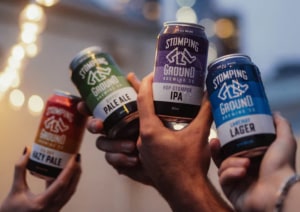The Queensland Budget has been criticised for its lack of immediate investment in the waste and resource recovery industry, and despite future funding allocations, key industry leaders argue that critical opportunities have been overlooked.

"The waste and resource recovery sector appreciates there is significant future funding in the budget, however, it is not until 2027/28," said Gayle Sloan, CEO of the Waste Management and Resource Recovery Association of Australia (WMRR). "The challenge is getting the policy and economic settings right now to be able to invest well in Queensland in future years."
A major concern raised by the WMRR is the government's decision to top up levy repayments to some regional councils to 100 per cent over the next two years. Sloan questioned how these subsidies could drive resource recovery and investment effectively.
"The fact that Queensland is behind on seven of its own nine waste and resource recovery targets, and that the budget provides no urgent action to address this is deeply disappointing," Sloan said. "The ongoing lack of attention and investment by this government in the broader waste and resource recovery industry continues."
The WMRR highlighted the potential for the waste and resource recovery sector to create green jobs and improve environmental outcomes in Queensland. However, Sloan noted the missed opportunity to harmonise waste levies across the eastern states, a move Victoria has already initiated.
"It's disappointing to see no adjustment to the waste levy beyond forecasts in this budget. The current Queensland levy is some $55 lower than neighbouring NSW," Sloan stated. "Levy harmonisation across the eastern seaboard is a vital step to move the waste and resource recovery industry forward."
Sloan believes the waste and resource recovery sector in Queensland is positioned to drive significant environmental and economic benefits. However, she argues that current budget allocations and policies are insufficient to meet the state's targets and address immediate issues.





